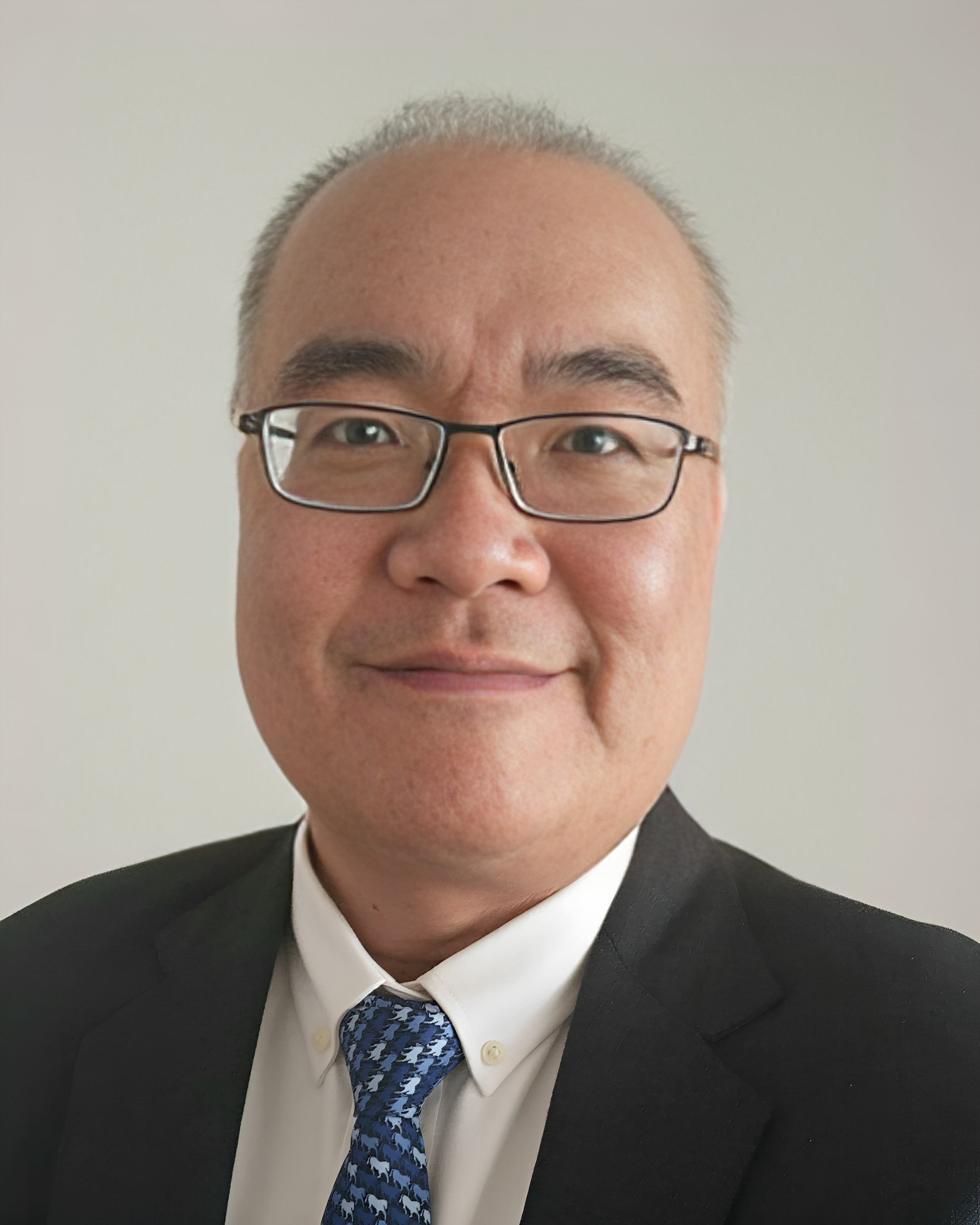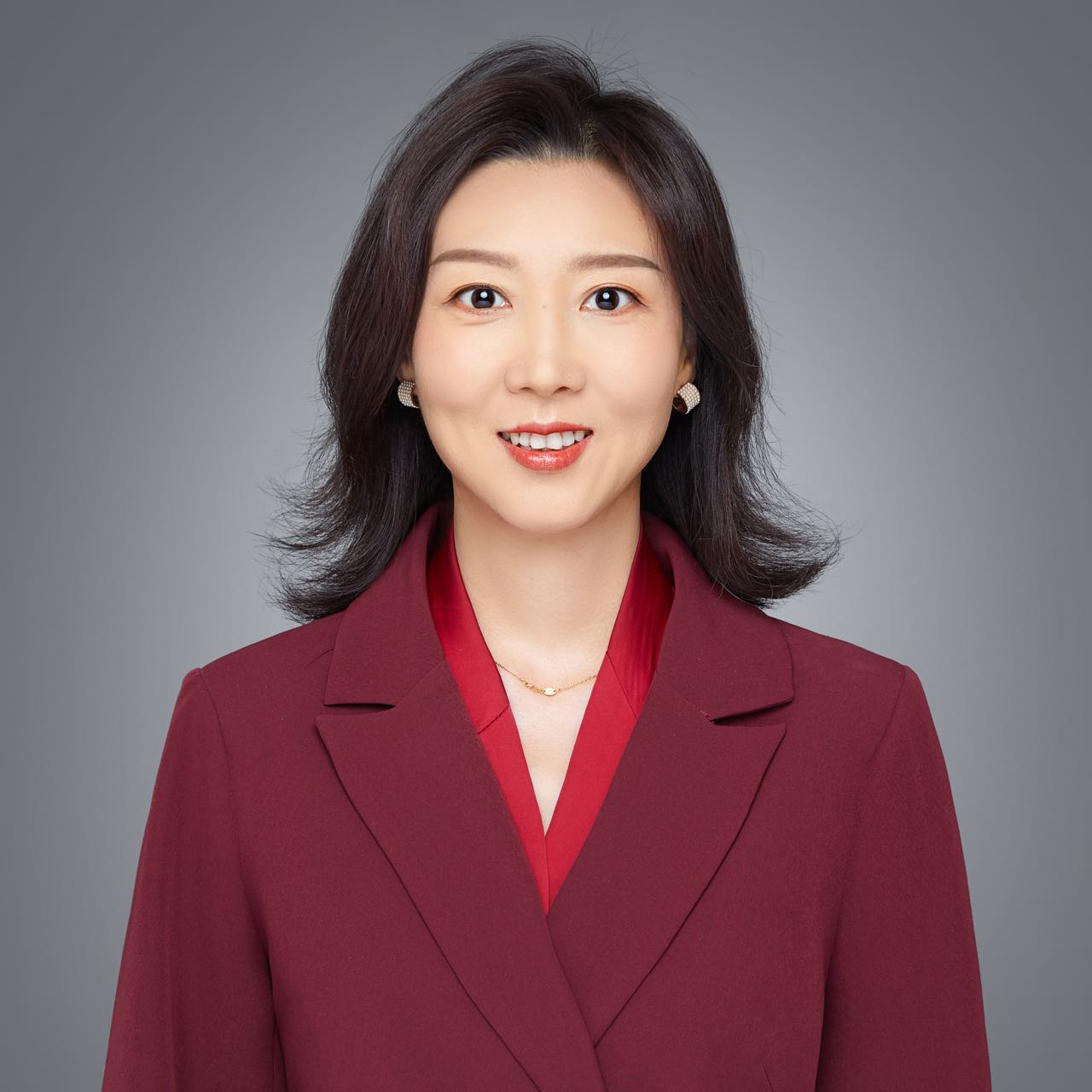

The World Health Organization has warned the world that the next pandemic will be coming, which is a matter of WHEN, not IF. Lessons from the COVID 19 pandemic must be learnt. Much has been done to strengthen and reform global health governance, including a political declaration adopted by United Nations General Assembly, an amended Internation Health Regulations (IHR) by the World Health Assembly and ongoing intergovernmental negotiating body for the Pandemic Agreement. However, it will be analysed clearly that the countries are not well prepared for the next pandemic, in terms of their capacity and ownership, and their community engagement, which is critical in global pandemic prevention, preparedness and response, and should not be neglected.
Since 2006, Member States, the World Health Organization (WHO), and partners in the Asia-Pacific have collaborated to implement the International Health Regulations (2005) and enhance national and regional health security through the Asia Pacific Strategy for Emerging Diseases and Public Health Emergencies (APSED). Building on achievements and lessons from major public health emergencies, including the COVID-19 pandemic, the Asia Pacific Health Security Action Framework (APHSAF) was developed and endorsed by Member States. The new APHSAF provides a strategic roadmap for Member States in the WHO South-East Asia and Western Pacific regions to systematically and collaboratively strengthen their capacities to prepare for and respond to public health emergencies. Moving away from APSED’s technical area approach, APHSAF adopts a domain-based strategy encompassing six interconnected, multi-sectoral domains. These domains form a comprehensive, multi-hazard health security system that emphasizes the One Health approach. This framework creates a vital collaborative platform for Member States, WHO, and partners to support collective action towards enhancing health security and preparing for the next pandemic.
moderated by Dr. Chenkai Wu (Assistant Professor of Global Health, Duke Kunshan University)

Minghui REN is a professor at the School of Public Health, Director of Institute for Global Health, and Director of China Center for Health Development Studies, Peking University. He graduated from Xi’an Medical University, Harvard School of Public Health, and Peking University with a Ph.D. degree. Since 1987, Dr. REN has worked in the Ministry of Health and the National Health and Family Planning Commission, holding several key positions, including Director General of the Department of International Cooperation. From 2016 to 2022, he served as Assistant Director-General for Universal Health Coverage/Communicable and Non-communicable Diseases at WHO. He has been a member of governing bodies of global health organizations like WHO, UNAIDS, and The Global Fund, and has led bilateral health projects between China and other countries. Dr. REN is currently a distinguished fellow at the World Economic Forum, the cochair of WHO Strategic and Technical Advisory Group on the SPECS 2030 initiative, and the Vice President of Chinese Aging Well Association.

Dr. Chin Kei Lee is responsible for health security and emergencies in the World Health Organization (WHO) China Representative Office. He joined WHO in 2003 and has been working in the area of emerging disease surveillance and response in the China Office and the Regional Office for the Western Pacific (WPRO). Dr. Lee has been involved in WHO’s response to various emerging disease outbreaks and health emergencies, including SARS in 2003, avian influenza A (H5N1), pandemic (H1N1) 2009, avian influenza A (H7N9), Ebola virus disease outbreak in West Africa, Middle East respiratory syndrome coronavirus (MERS-CoV) outbreak in the Republic of Korea, and recently COVID-19 outbreak in China.

Yi Cai, PhD, a joint doctoral graduate of Wuhan University and Duke University, is an Associate Professor whose primary research areas include public health security, global health governance, the international education and training of traditional Chinese medicine, and geriatric health. Since taking up her position, she has conducted global health research in several countries. Dr. Cai leads international health cooperation projects spanning the United States, Nepal, Sri Lanka, South Africa, Egypt, and Zambia, with a focus on global public health security governance, cross-cultural communication of traditional Chinese medicine, and international health cooperation.
To register for this event please visit the following URL: https://duke.qualtrics.com/jfe/form/SV_cx7Q35v9yVGswdw →

© 2025 Duke Kunshan University 苏ICP备16021093号